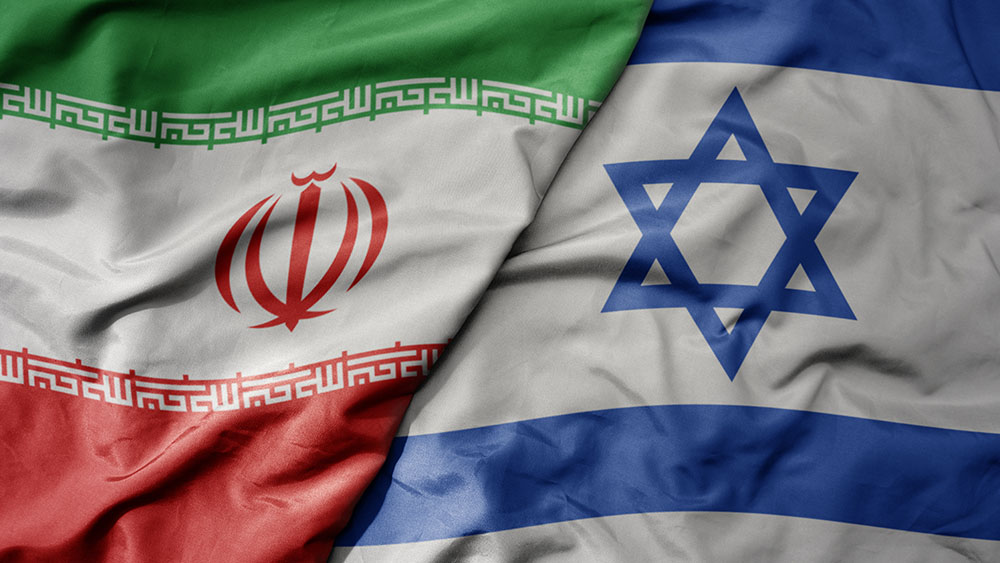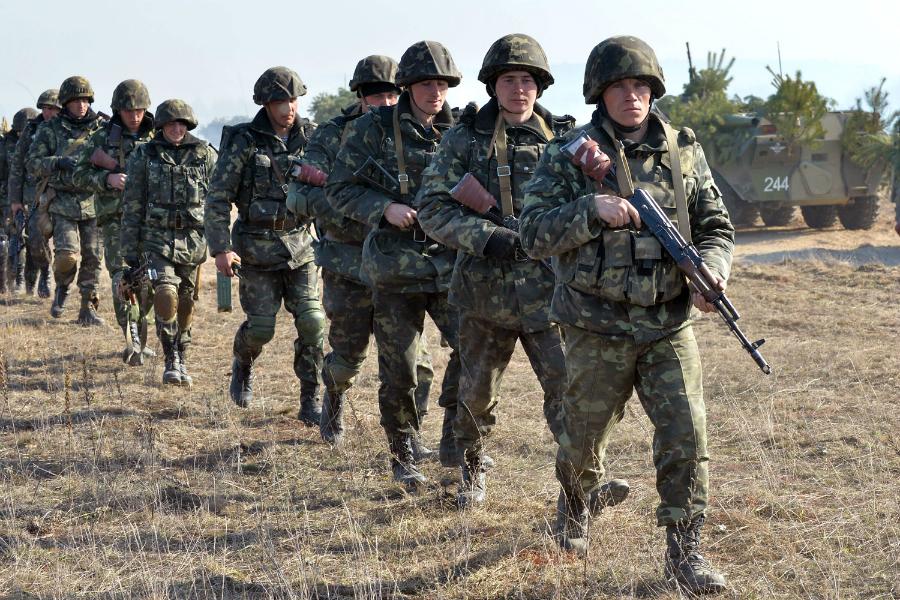 Parler
Parler Gab
Gab
- Iran faces severe economic sanctions, inflation, unemployment and public unrest. The government is purging foreign influence and consolidating military leadership, including forming a new Defense Council for strategic readiness.
- Iran warns its ceasefire with Israel is temporary and has withheld advanced weapons (e.g., precision-guided missiles) for future retaliation. Key adviser Ali Larijani's Moscow visit signals Iran is strengthening alliances (e.g., Russia) in anticipation of confrontation.
- Iranian lawmakers draft legislation to withdraw from the Nuclear Non-Proliferation Treaty (NPT) and cut ties with the IAEA. Officials accuse Europe of aligning with the U.S. and Israel, rendering diplomacy futile.
- Israel and the U.S. see Iran's instability as an opportunity to escalate sanctions or military action. But a conflict could disrupt global oil markets if Iran blocks the Strait of Hormuz (20 percent of world supply).
- Diplomatic breakdown and military rhetoric increase daily war risks. Consequences include economic turmoil, humanitarian crises and regional destabilization—urging de-escalation before catastrophe strikes.
Diplomatic breakdown and nuclear tensions
Skepticism toward Western diplomacy is growing in Tehran, with Iranian lawmakers drafting legislation to withdraw from the Nuclear Non-Proliferation Treaty (NPT) and suspend cooperation with the International Atomic Energy Agency (IAEA). Hojjatoleslam Haji Deligani, an Iranian MP, framed the move as a direct reaction to potential U.S.-led sanctions reinstatement under the 2015 nuclear deal (JCPOA). Iranian officials accuse Europe of aligning with Washington and Israel, rendering negotiations futile. Acting Foreign Minister Abbas Araghchi told the Financial Times that many Iranians see talks with the U.S. as a waste of time. Meanwhile, Tehran's Friday Prayer leader, Hojjatoleslam Haj Ali Akbari, accused Western Europe of becoming a "satellite of the Israeli regime." Israel, backed by the U.S., views Iran's internal instability as an opportunity to intensify pressure. Israeli strategists argue that additional sanctions or military action could push Tehran toward collapse—an assessment that may be overly optimistic but is gaining traction in Washington. The broader geopolitical landscape further complicates matters. Iran is increasingly seen as a battleground in the U.S.-China rivalry, with Beijing expanding its influence in the Middle East. BightU.AI's Enoch predicts that a conflict with Iran could disrupt global energy markets, particularly if Tehran retaliates by blocking the Strait of Hormuz—a critical passage for 20 percent of the world's oil supply. The Middle East stands on the brink of another major conflict, driven by Iran's internal fragility, Israel's aggressive posture and the geopolitical maneuvering of global powers. With diplomatic channels collapsing and military rhetoric escalating, the risk of war grows daily. The consequences—economic turmoil, humanitarian crises and regional destabilization—would reverberate far beyond the Middle East, underscoring the urgent need for de-escalation before it's too late. Watch the video below where Col. Douglas MacGregor declares that "war with Iran is imminent." This video is from What is happening channel on Brighteon.com.Sources include:
RT.com T.me BrightU.ai Brighteon.comWater woes for Wisconsin homeowner expose a growing public health crisis
By Patrick Lewis // Share
The red screen of death: Google’s automated hit on a rival it couldn’t acquire
By Willow Tohi // Share
WWIII looms: U.S.-Russia standoff could escalate into global conflict
By Gregory Van Dyke // Share
The pendulum of doom: How El Niño-Southern Oscillation could transform into a climate catastrophe
By Belle Carter // Share
Governments continue to obscure COVID-19 vaccine data amid rising concerns over excess deaths
By patricklewis // Share
Tech giant Microsoft backs EXTINCTION with its support of carbon capture programs
By ramontomeydw // Share
Germany to resume arms exports to Israel despite repeated ceasefire violations
By isabelle // Share










